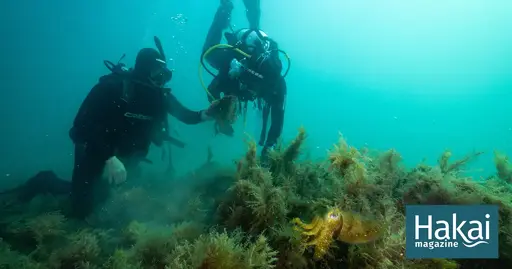- cross-posted to:
- environment@aussie.zone
- environment@beehaw.org
- cross-posted to:
- environment@aussie.zone
- environment@beehaw.org
cross-posted from: https://beehaw.org/post/16468312
Over the past decade, however, scientists have become reacquainted with the historical reach of Australian flat oyster reefs, which decorated about 7,000 kilometers of the country’s coastline from Perth to Sydney and down around Tasmania. Australian flat oysters—not to be confused with the far more common European flat oyster, commonly known as the native oyster—form gigantic reefs comprised of billions of individuals that can be found as deep as 40 meters. “They’re like the trees in a forest or the coral in a tropical sea,” McAfee says. Besides providing habitat and boosting biodiversity, oyster reefs are known to filter water and bolster fish production.
On the back of this learning, scientists have been working to restore these lost ecosystems—an endeavor that got a major boost in 2020 when the nonprofit the Nature Conservancy Australia teamed up with the government of South Australia on an ambitious project to bring flat oyster reefs back to the coastline near Adelaide, one of the country’s biggest cities. That project, as McAfee and his team show in a recent study, has been a resounding success so far, with the restored reef now hosting even more Australian flat oysters than the last remaining natural reef in Tasmania. “It’s quite astonishing,” says McAfee.


